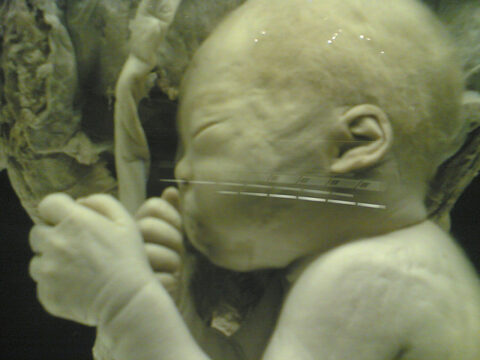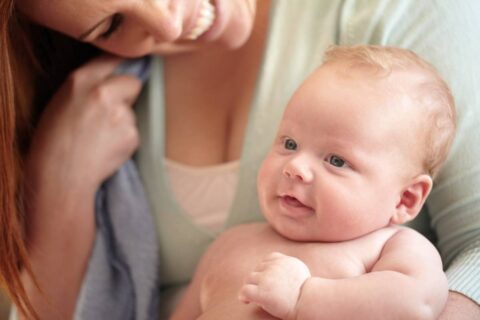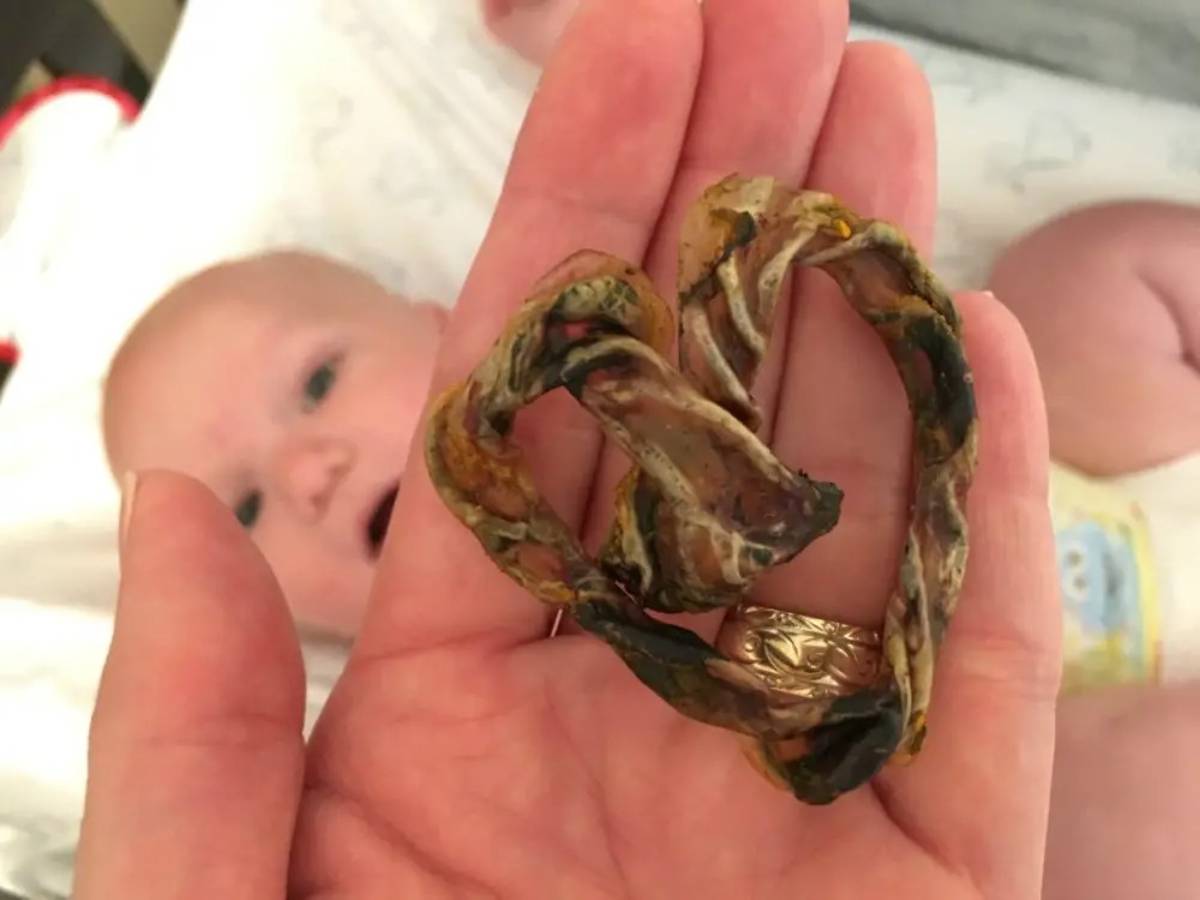 Although contemporary research on the topic suggests that low to moderate amounts of caffeine may have no risks at all for growing fetuses, studies do reflect that higher amounts of caffeine can potentially cause problems.
Although contemporary research on the topic suggests that low to moderate amounts of caffeine may have no risks at all for growing fetuses, studies do reflect that higher amounts of caffeine can potentially cause problems.
Minimizing caffeine intake during pregnancy has benefits for both the baby and the mother.
Coffee, tea, and cola lovers need to be aware of their caffeine intake during pregnancy.
This can be difficult for anyone who drinks coffee or caffeinated beverages on a regular basis; caffeine is addictive.
Safe Caffiene Levels?
Researchers suggest that pregnant women drop their caffeine intake to less than 300 milligrams per day. This allows for two to three 8-ounce cups of coffee.
However, there is usually discrepancy in caffeine levels in various brews. Plus, women also need to count other caffeine sources like colas or chocolate and be sure they are consuming caffeine levels within this limit.
Caffeine studies have demonstrated that women who consume more than 300 milligrams of caffeine per day have a greater risk of miscarriage.
Yet, there are still more reasons why caffeine intake must be limited during pregnancy.
#1 High amounts of caffeine have also resulted in higher risk of low birth rates and preterm labor.
High levels of caffeine intake can also result in an increased heart rate for the baby. As these can be quite serious, the need to reduce caffeine intake is important during all stages of pregnancy.
#2 Caffeine is a diuretic; this property means that it draws calcium and other needed fluids out of the system which can affect both the mother and baby’s health.
Studies have also shown that caffeine can tamper with the body’s ability to absorb iron, which is very important during pregnancy.
#3 Caffeine can also impact a woman’s nerves during pregnancy.
As hormone levels fluctuate, adding caffeine to the mix only serves to exacerbate an already emotional time in a woman’s life.
#4 Drinking coffee and tea can sometimes lessen an appetite for more nutritional foods that both the mother and baby need.
Once caffeine is limited or eliminated, women can expect less bouts of nervousness, less of a need to urinate, less heartburn, and less insomnia.
While cutting back dramatically can result in caffeine withdrawal symptoms, it is recommended that a gradual reduction take place. Some women, of course, may not be able to tolerate caffeinated beverages like coffee or cola because of morning sickness. But, cutting out all caffeine at once can result in headaches, fatigue, and irritability.
By dropping below the 300 milligram limit, pregnant women can keep their caffeine levels safe for themselves and their infants.
I like to write about a variety of Health & Wellness topics.






